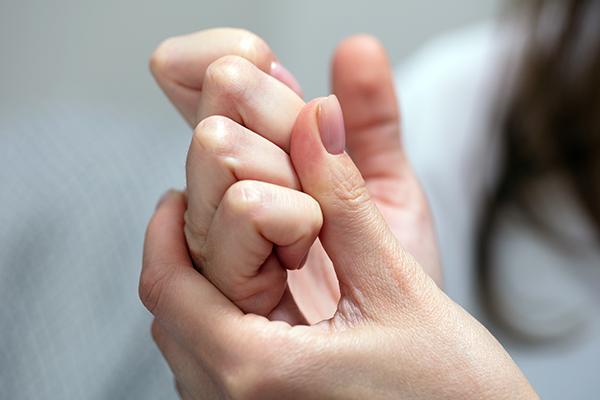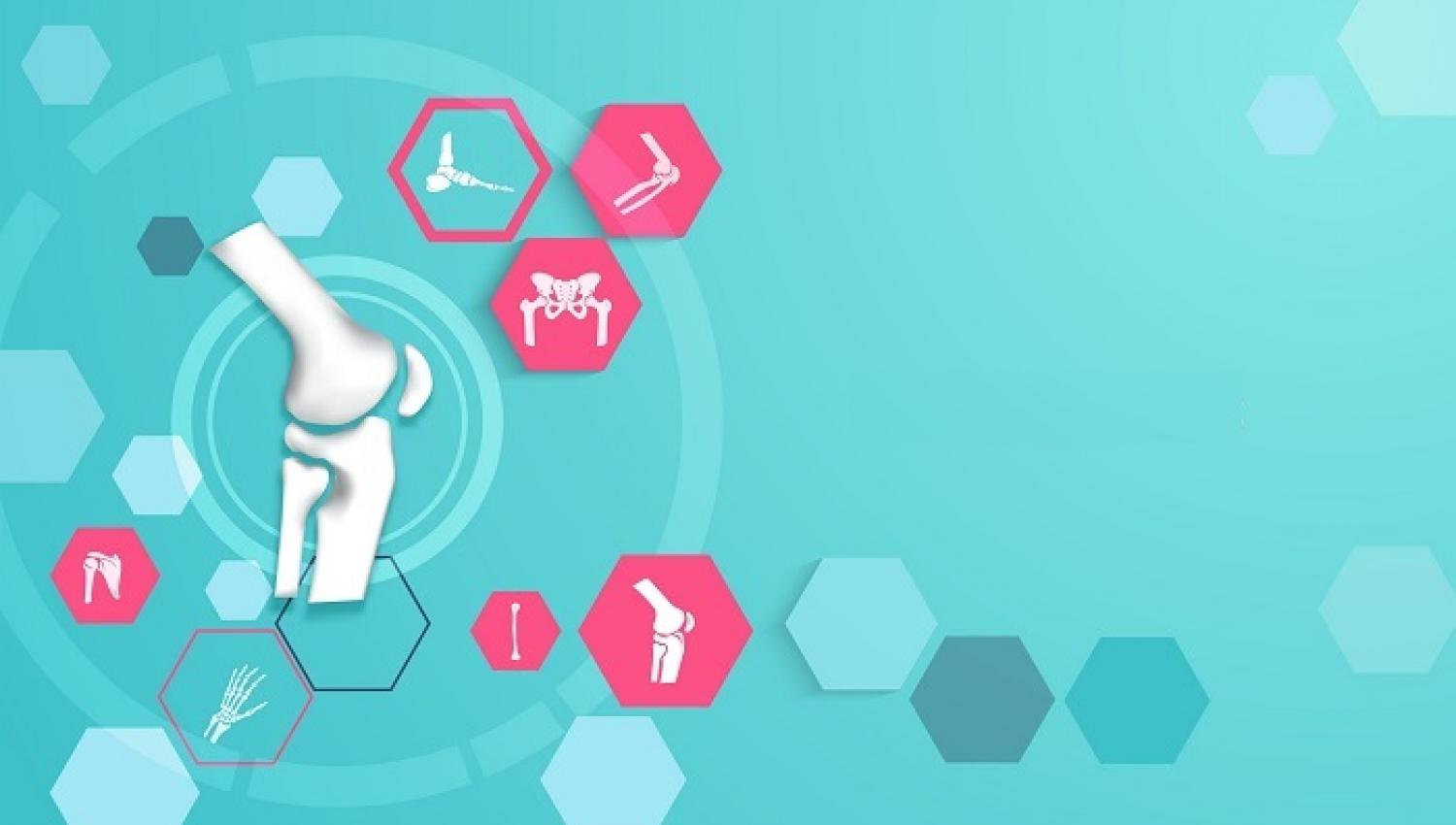Knuckle Cracking Can Be Dangerous When It Becomes a Habit!
Knuckle cracking is a habit that is sometimes done out of stress and sometimes out of boredom. Stating that contrary to the general opinion, it will not cause wear (calcification) in the joints, Yeditepe University Hospitals Orthopedics and Traumatology Specialist Prof. Dr. Gökhan Meriç, however, reminded that if there is pain with cracking and if it develops after an injury such as impact, you should definitely consult a specialist.
Prof. Dr. Gökhan Meriç said that there is a widespread belief that cracking knuckles or popping fingers will cause calcification in your hands. Prof. Dr. Gökhan Meriç said that a scientific study conducted in 2011 showed that knuckle cracking does not cause calcification (osteoarthritis) in the joints.
Yeditepe University Hospitals Orthopedics and Traumatology Specialist Prof. Dr. Gökhan Meriç, who informed that a study conducted in the USA in 2017 showed that finger and joint cracking is present in various degrees in 25-45 percent of the society, said, "In this study, it has been shown that the possibility of cracking in other joints along with the fingers is high. It is not harmful to crack your knuckles or other joints but frequent knuckle cracking can be uncomfortable for the people around you. In rare cases, if you crack a joint too hard, such as in your back, you can hurt yourself by pinching a nerve or straining a muscle."
It Can Be Dangerous When It Becomes a Habit!
According to the information given by Prof. Dr. Gökhan Meriç, the joint fluid that allows our joints to move easily contains gases such as oxygen, nitrogen, and carbon dioxide. Knuckle cracking occurs when the joint surfaces move away from each other rapidly, resulting in the formation of small gas bubbles that burst with the effect of pressure on the joint. Prof. Dr. Gökhan Meriç warned that "When knuckle cracking becomes a tic, a decrease in the gripping power of the hand may occur due to loosening of the ligaments" and gave the following information about what can be done: "If you have the habit of cracking your knuckles (or any other joint) and want to stop it, the first step is to be careful and aware of this situation. Keep track of when and possibly why you crack your knuckles, neck, or back and be aware of it."
Move More
Stating that moving more can be a simple solution, Prof. Dr. Meriç said, "If you sit or stand in one position too much, your joints may become stiff, and you may want to crack your joints to overcome this. Take frequent breaks to move around. If you sit at a desk all day, aim to get up at least every half hour."
Prof. Dr. Meriç suggested that gentle stretching and flexing exercises can be done to move the joint fluid (synovial fluid) and increase the lubrication of the joints with joint fluid: "Exercise is also known to be effective in preventing the habit of knuckle cracking. Choose activities suitable for your age and lifestyle. Any physical activity such as housework, gardening, or short walks can be part of your exercise routine. Try to exercise 2-3 days a week for at least 30-45 minutes."
Try Keeping Stress Under Control!
Prof. Dr. Gökhan Meriç noted that sometimes joints are cracked to relieve stress and said that calming measures such as deep breathing, meditation, or stress ball can also be tried to relieve stress.
Attention If You Have These Complaints!
Yeditepe University Hospitals Orthopedics and Traumatology Specialist Prof. Dr. Gökhan Meriç warned that if knuckle cracking is accompanied by complaints such as pain, swelling, or loss of movement, a specialist should be consulted and said, "This may be a sign of cartilage wear, joint calcification (osteoarthritis) or rheumatic diseases. In such cases, the underlying causes must be found, and treatment should be planned accordingly."
”




